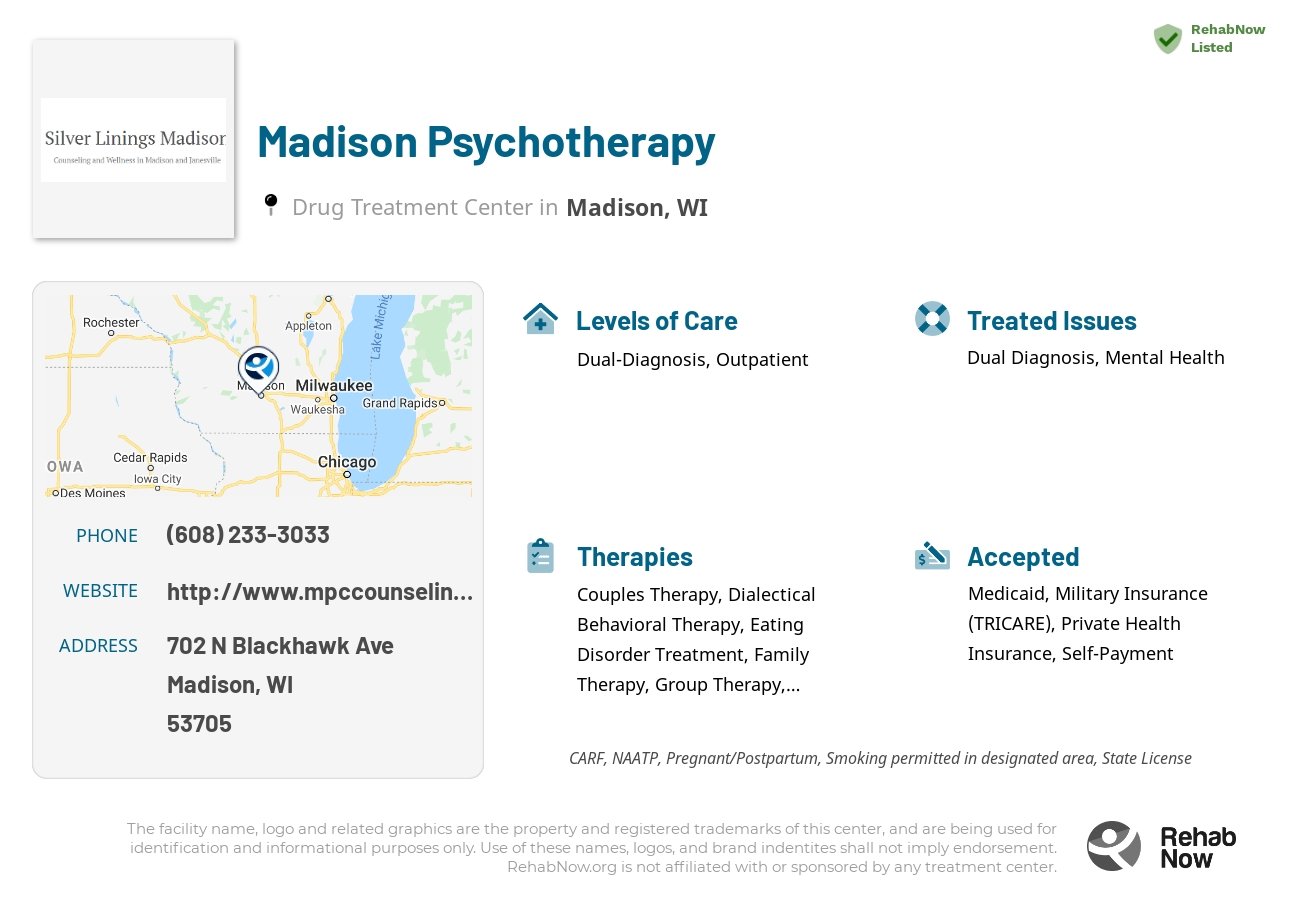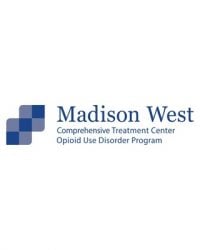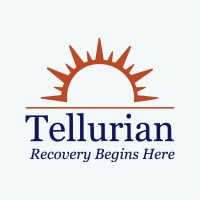
Madison Psychotherapy
Drug Rehab Center in Madison, Wisconsin
- Mental Health
- Eating Disorder
- Dual Diagnosis
Madison Psychotherapy is a mental health treatment center offering a range of services, including dual-diagnosis and eating disorder treatment, utilizing various methods and treatments to provide accessible and comprehensive care in a safe and comfortable atmosphere.
About Madison Psychotherapy in Wisconsin
Madison Psychotherapy is a mental health treatment center offering a range of services designed to help people with mental and emotional issues. Recognizing that individuals may have co-occurring disorders, their team of professionals provides multiple treatment options. Their Dual-Diagnosis and Outpatient modalities of care provide understanding and hope to individuals struggling with mental health issues, including dual diagnosis and eating disorders. Uniquely qualified staff utilize a variety of methods and treatments such as Dialectical Behavioral Therapy (DBT), Trauma Therapy, Cognitive Behavioral treatment (CBT), and Individual and Family therapy, among others.
Madison Psychotherapy recognizes the importance of a safe and comfortable atmosphere, and actively encourages individuals in need to make use of their services. They accept insurance and understand the struggles of affordable care, providing an accessible and comprehensive treatment options. The center is passionate about their mission and they aim to provide their clients with the best possible care, giving individuals the ability to take back control of their lives.
Genders
Ages
Modality
Additional
Conditions and Issues Treated
Individuals who are addicted to drugs and/or alcohol often have one or more co-occurring mental health disorders. Addressing both the addiction and the mental health problems at facilities like Madison Psychotherapy can be very beneficial for these individuals.
Common mental health conditions that often co-occur with addiction include:
- Anxiety Disorders – People with drug and alcohol problems often suffer from anxiety disorders such as panic disorder, obsessive-compulsive disorder, social anxiety disorder, and generalized anxiety disorder.
- Depression – One of the most common mental illnesses co-occurring with addiction is major depressive disorder.
- Attention-deficit hyperactivity disorder (ADHD) – Many people with drug and alcohol problems also suffer from ADHD.
- Bipolar Disorder – People with bipolar disorder are more likely to suffer from drug and alcohol problems than the general population, and vice versa.
Levels of Care Offered
This center offers a variety of custom treatment tailored to individual recovery. Currently available are Dual-Diagnosis, Outpatient, with additional therapies available as listed below.
Outpatient treatment can be considered the lowest intensity level of addiction treatment in Madison, WI. It is ideal for early phase addiction or lower intensity addictions. Madison Psychotherapy peer group support, 12-step programs, and individual counseling are likely to be involved.
Therapies & Programs
Individual therapy is ideal for addicts who want to focus on themselves. It can also be helpful for those whose withdrawal symptoms are exacerbated by the presence of other people.
Benefits of individual therapy are:
- Access to a personalized treatment plan that focuses on the individual needs of the addict
- More privacy during treatment sessions
- Better personal development through introspection
- Increased self-awareness regarding addictive tendencies in order to avoid relapse
- Greater potential for a long-term recovery plan
- Receiving professional advice and detox assistance from medical staff
Couples therapy is a treatment method used to help couples in which at least one member of the couple has a drug addiction. Couples therapy can be used whether the addicted partner is using drugs or in recovery. An additional benefit of couples therapy is that it can help make other types of treatment, such as 12-step programs, more effective.
Family therapy can help you and your family deal with old issues that may trigger substance abuse. The idea behind family therapy for drug addiction is that you are never fully healed from substance abuse until you’ve healed your relationship with your family, too. To get sober, you need to find a different way to cope with the pain in your life.
This is when a group of people in various stages of recovery meet up and discuss their experiences, triggers, successes, failures, and even alternative therapies! Unlike support groups where everyone already knows each other, group therapy is conducted along side outpatient or inpatient treatment at Madison Psychotherapy.
Trauma therapy is a clinical process that helps individuals deal with mental stress often caused by traumatic events. The therapist helps the person identify, understand and work through the problem. This is done with the help of talking about it in group or one-on-one counseling sessions.
Therapists use relaxation, role-playing, art, and music to help the person open up about what is bothering them. Some examples include:
- Talking about the traumatic event and how it affected them.
- Helping those who have PTSD to deal with their nightmares and recurring memories.
- Working with individuals to resolve the issues triggering the stress, whether seeing someone who reminds them of what happened or feeling helpless.
The individual is also encouraged to help others that are struggling with similar problems. This often helps them feel empowered and gives them hope.
Trauma therapy is not for everyone; it is usually reserved for people who have recently experienced a traumatic event and struggle to get over it. It is generally done for children, teenage victims of sexual assault, and war veterans.
Dialectical Behavior Therapy (DBT) is used by drug treatment centers across the United States to help drug addicts become sober. DBT is a type of Cognitive Behavioral Therapy (CBT) that combines traditional behavioral treatments with elements from DBT, including dialectics, distress tolerance, and interlocking issues. Some of the negative behaviors associated with addiction, such as impulsivity and mood swings, are addressed in DBT, while others like craving and isolation are not. It is commonly used to treat Borderline Personality Disorder (BPD) along with substance abuse disorders.
The four DBT modules are mindfulness, interpersonal effectiveness, emotion regulation, and distress tolerance:
- Mindfulness helps recovering addicts learn to identify and experience their emotions while realizing that they are not permanent.
- Interpersonal Effectiveness includes assertiveness, asking for what you need, and saying no while improving communication skills.
- Distress Tolerance has recovering addicts learn how to tolerate distress at the moment and avoid resorting to substance abuse.
- Emotion Regulation is used to identify, express and change emotions.
CBT is a psychotherapy approach and method. [ws-nap-name] people to examine how their thoughts, including habitual harmful and inaccurate thinking, affect their actions. CBT is based on the idea that rigid, inflexible thinking leads to poor stress management, which leads to emotional distress.
Similarly, CBT helps people identify and change negative behaviors. It makes you question your perceptions and ask if they are realistic. CBT asks people to examine their behaviors and emotional responses and how they affect their lives. CBT aims to change people’s thinking and behavior to lead a more balanced and healthy life.
Moreover, CBT has been shown to reduce anxiety disorders, depression, and symptoms associated with harmful thoughts or actions.
Payment Options Accepted
For specific insurance or payment methods please contact us.
Is your insurance accepted?
Ask an expert, call (888) 674-0062
Additional Details
Specifics, location, and helpful extra information.
Madison, Wisconsin 53705 Phone Number(608) 233-3033 Meta DetailsUpdated November 25, 2023
Staff Verified
Madison Psychotherapy Patient Reviews
There are no reviews yet. Be the first one to write one.
Madison, Wisconsin Addiction Information
Wisconsin has some of the highest rates in the United States for both adolescent and adult substance abuse. Since 2009, the state has been experiencing the same escalating rates of drug abuse and addiction as the rest of the country. The major concerns are the misuse of prescription painkillers and the escalating number of deaths due to alcohol-related liver disease.
Madison, Wisconsin is struggling with an opioid crisis. In 2017, there were 234 drug overdoses in Madison. 1 in 5 residents knows someone who has died from a drug overdose. 8.3% of Madison residents report heavy drinking. This area ranks 4th among Wisconsin cities for drug use disorders. The centers in Madison offer a variety of services, including individual and group counseling, medication-assisted treatment, and detoxification.
Treatment in Nearby Cities
- Delavan, WI (50.9 mi.)
- Two Rivers, WI (120.1 mi.)
- Sussex, WI (62.0 mi.)
- Darlington, WI (43.4 mi.)
- Waukesha, WI (61.6 mi.)
Centers near Madison Psychotherapy

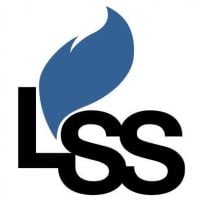
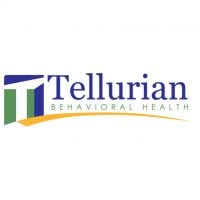
The facility name, logo and brand are the property and registered trademarks of Madison Psychotherapy, and are being used for identification and informational purposes only. Use of these names, logos and brands shall not imply endorsement. RehabNow.org is not affiliated with or sponsored by Madison Psychotherapy.

